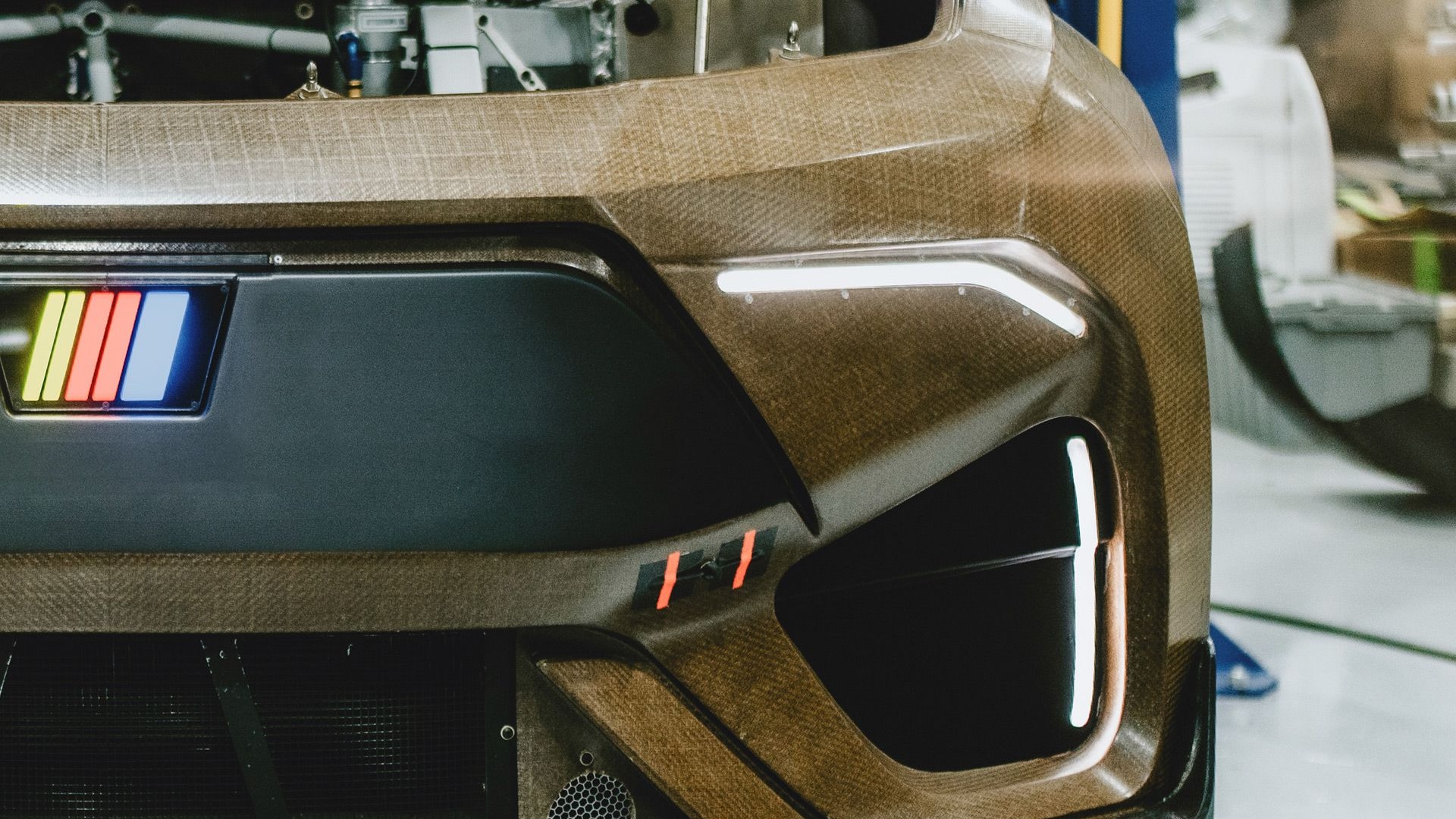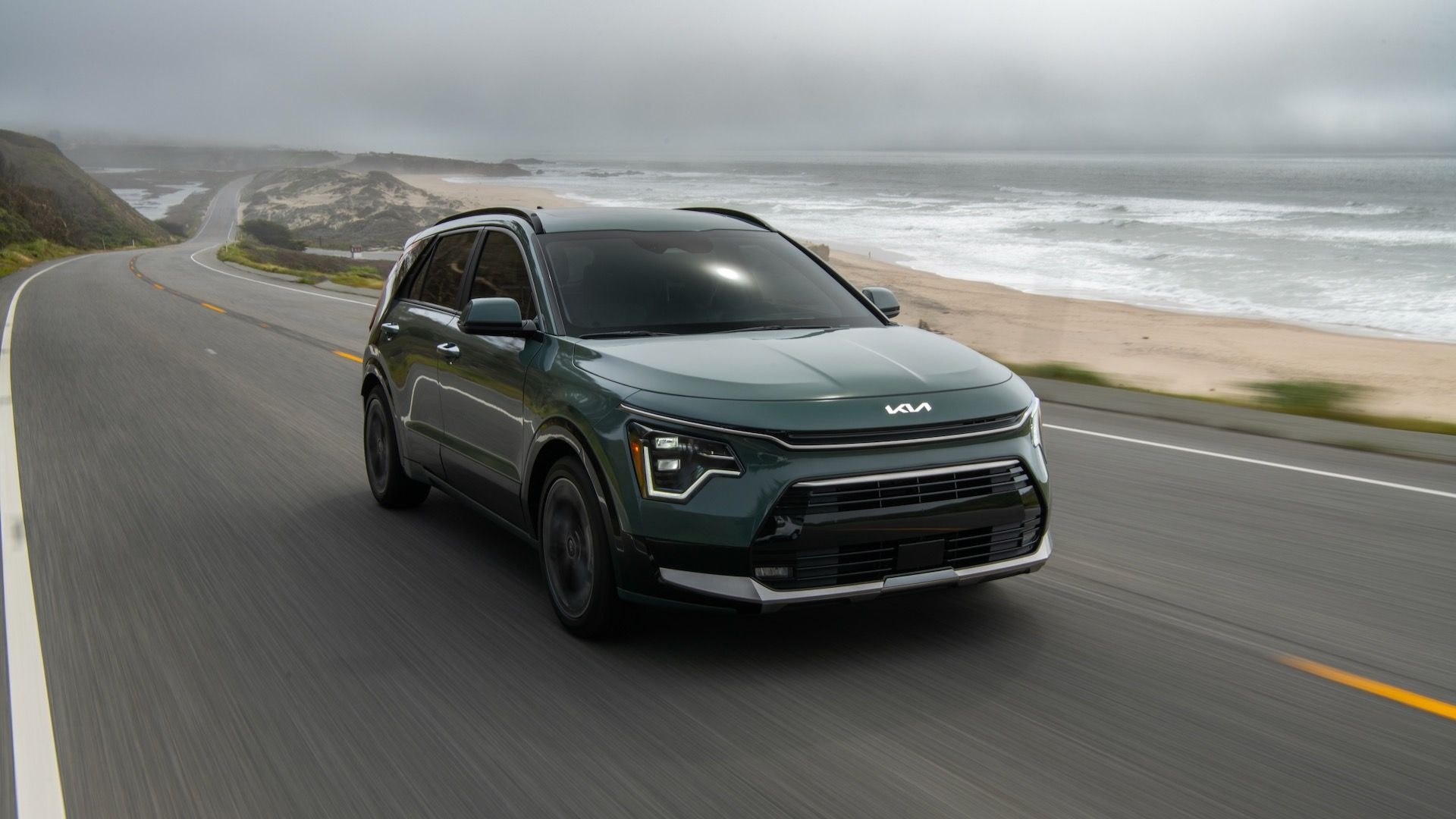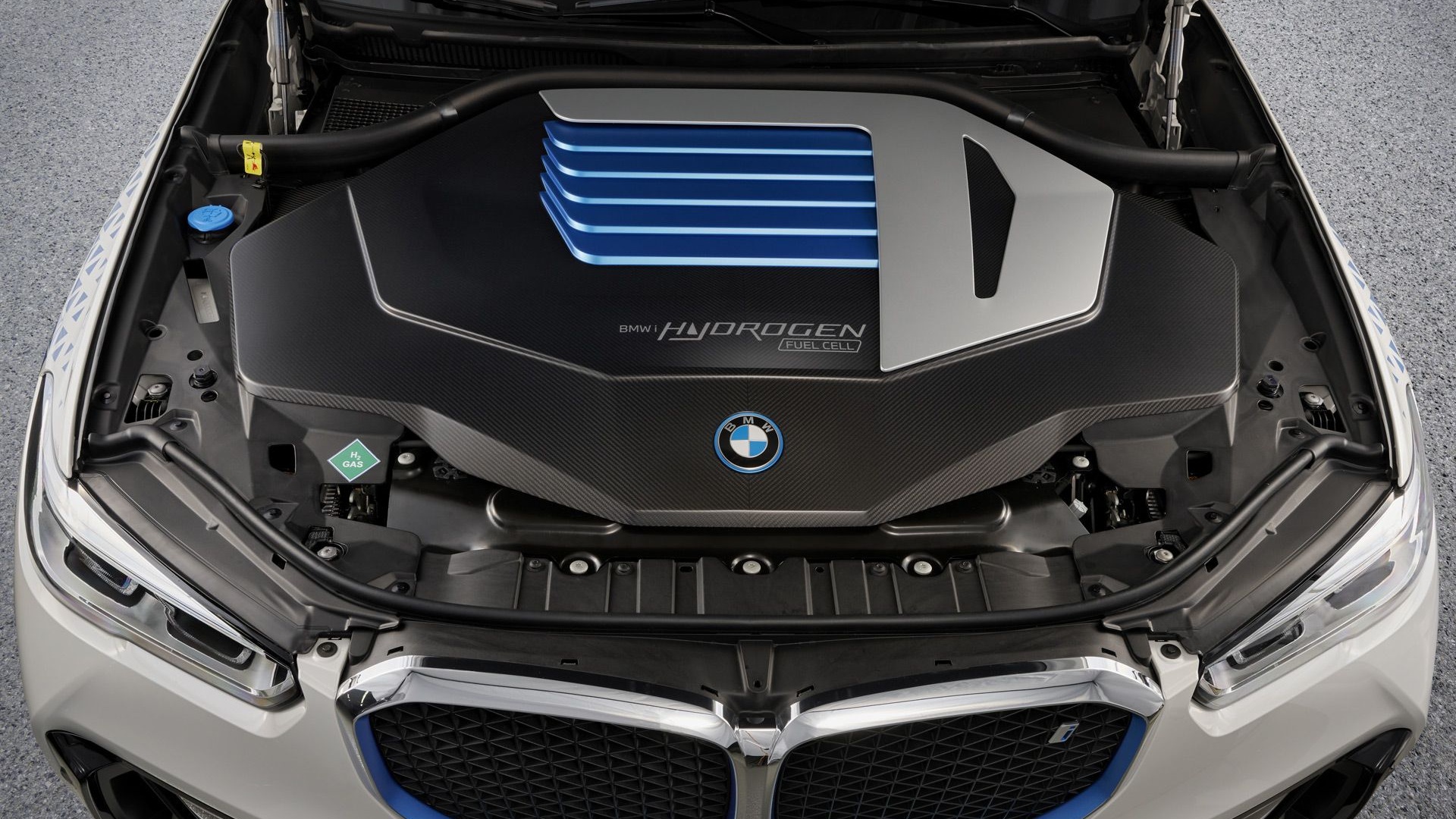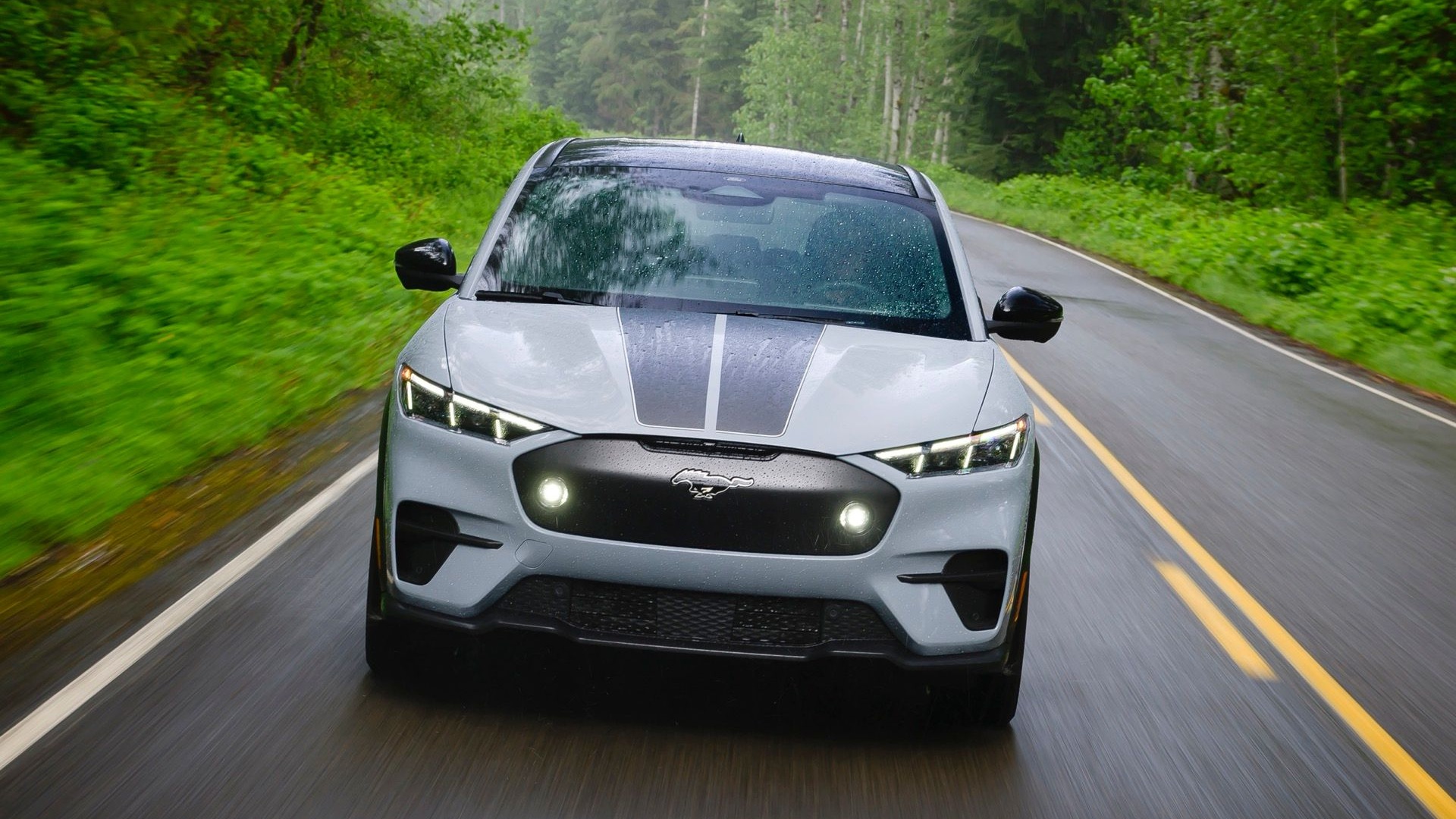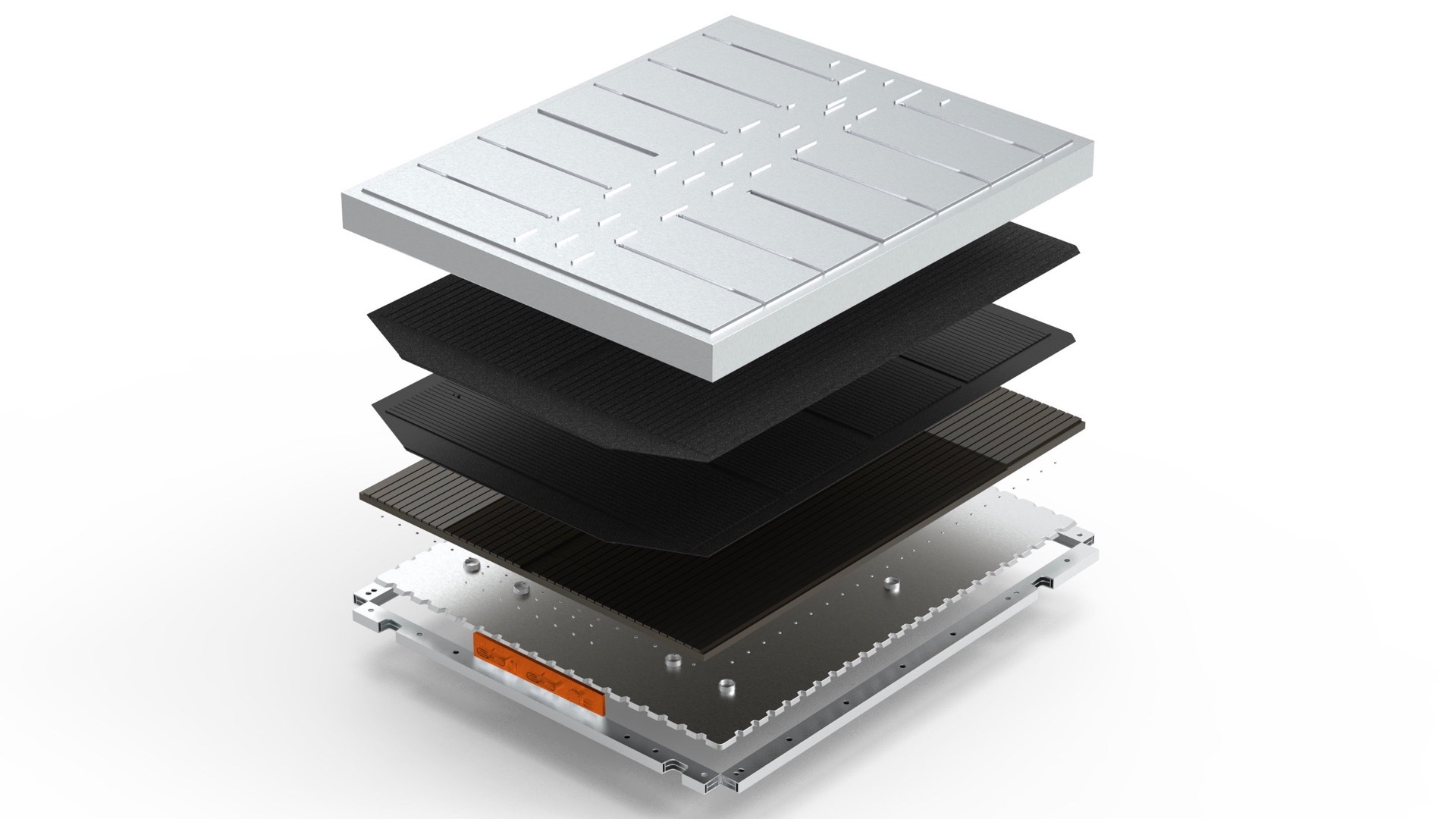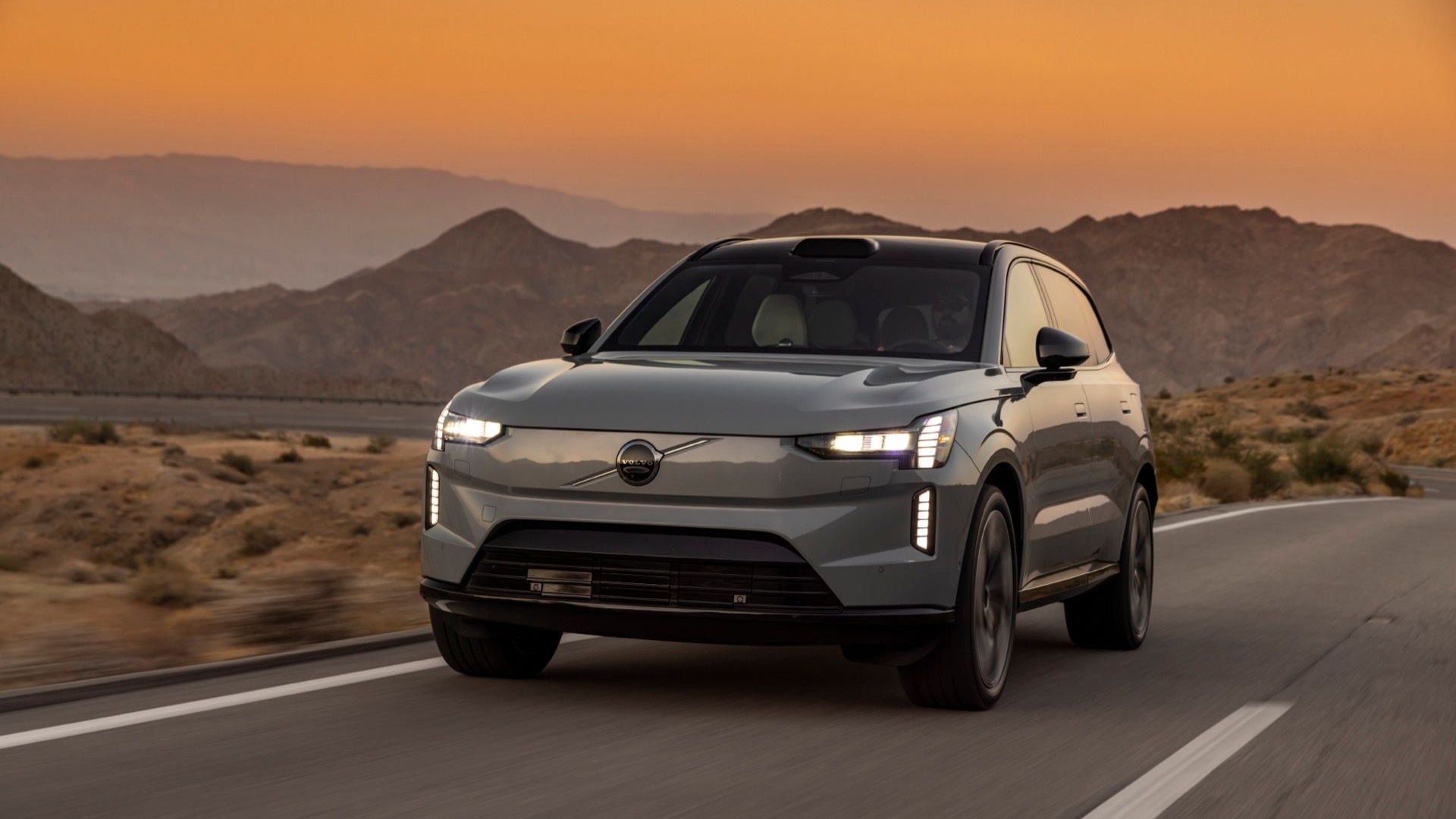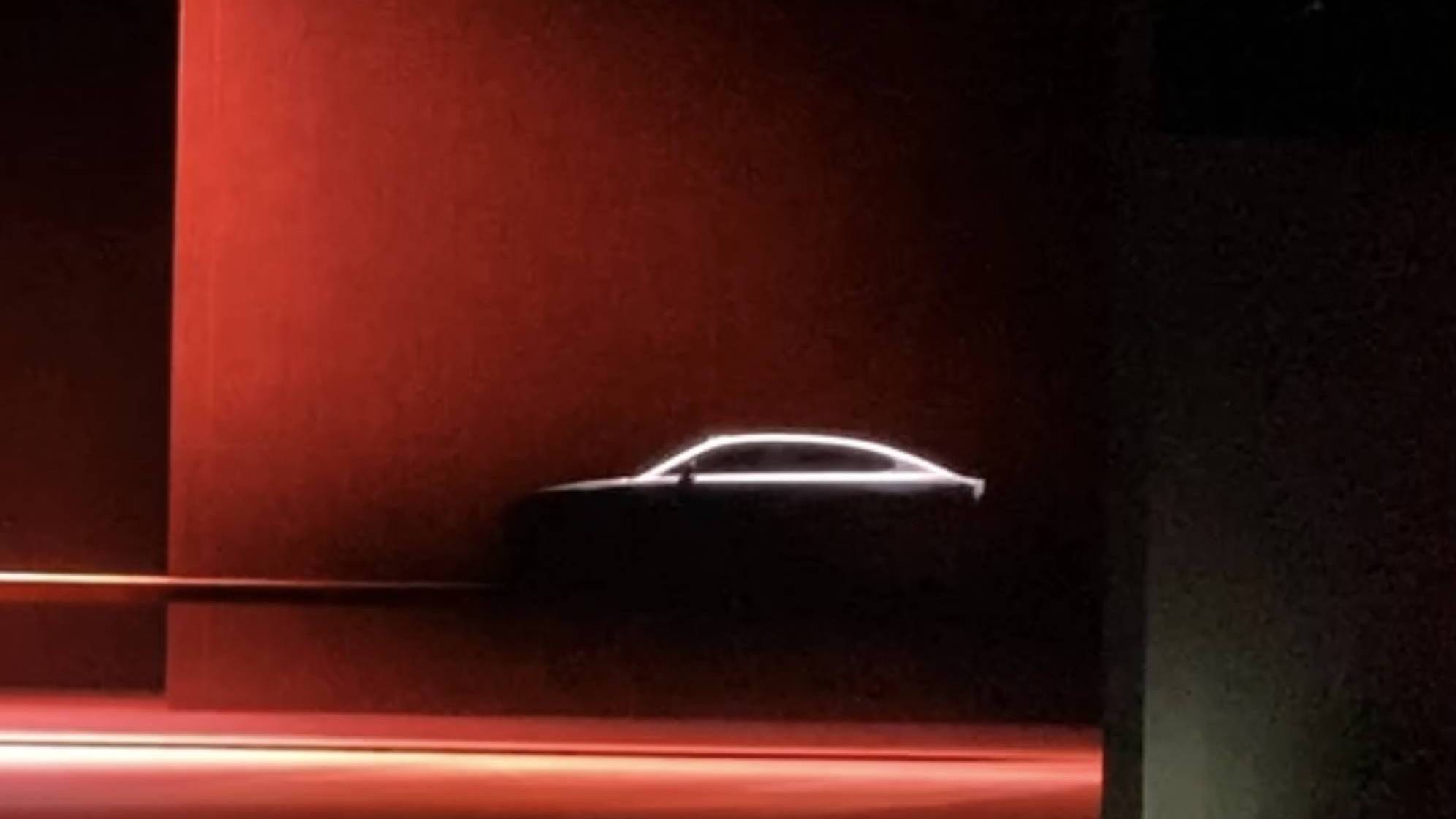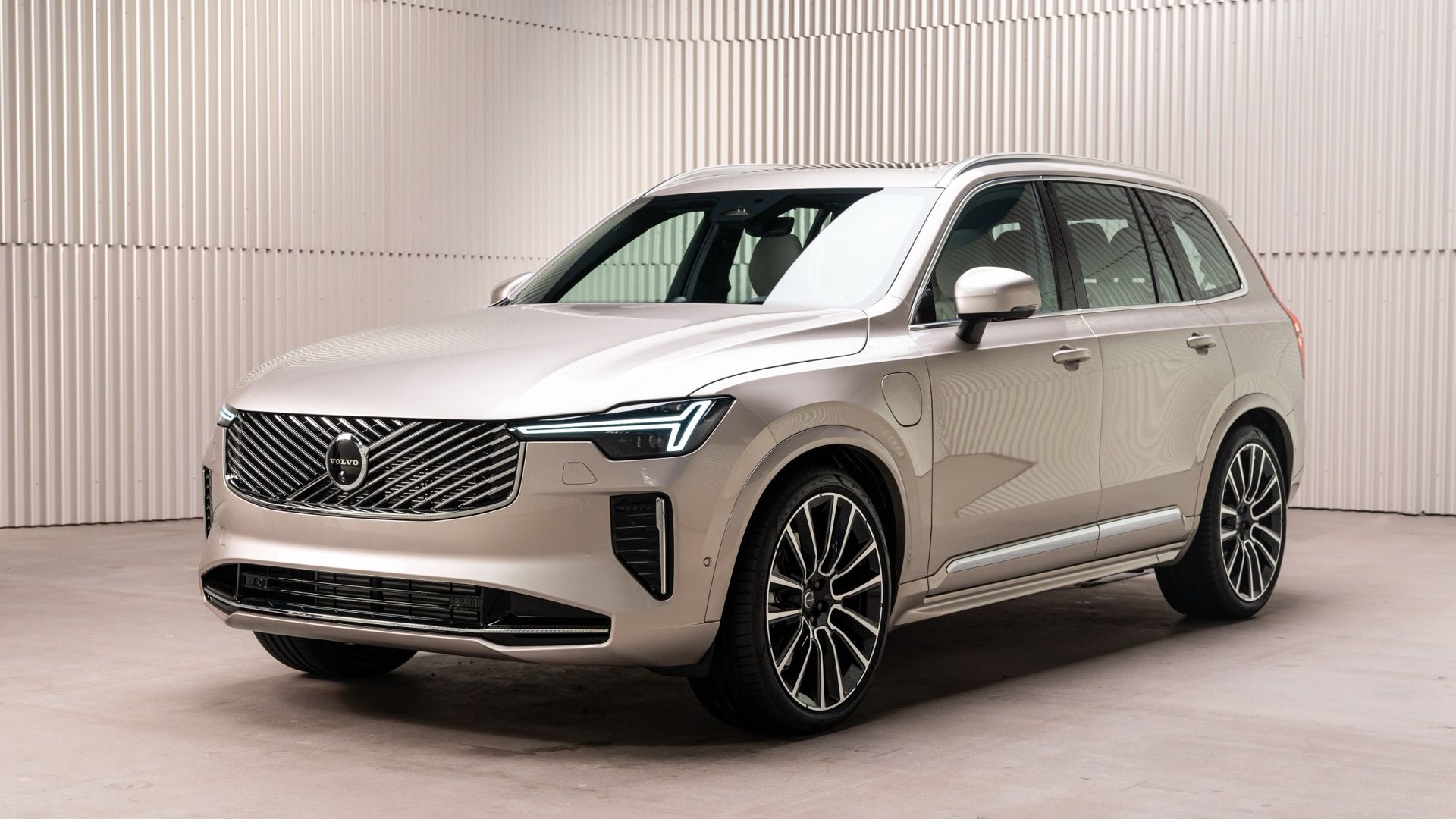- Ferrari's developing an EV
- Ferrari has no plans to abandon its V-8 and V-12 engines
- Synthetic fuel might be the loophole to keeping gas-powered Ferraris in production
Ferrari plans to launch its first electric vehicle next year, but the automaker famous for building some of the best-sounding ICE cars on the planet has no plans to abandon its V-8 and V-12 engines.
That will become challenging as emissions regulations become stricter, including in Ferrari's European Union home, where lawmakers plan to ban the sale of new vehicles equipped with an ICE engine by 2035.
However, a potential loophole that will enable ICE cars designed to run on carbon-neutral synthetic fuel, or e-fuels as their popularly known, could enable Ferrari to keep selling its V-8 and V-12 supercars. The fuels are typically created using a carbon-capture process to offset the carbon they produce when burned.
It's something Ferrari is looking at, its CEO, Benedetto Vigna, told Autocar in an interview published on Tuesday. Another solution, Vigna said, would be ICE cars that burn hydrogen, though he doesn't see that becoming a reality before 2030.

Benedetto Vigna
"We believe there is still a valid way forward for ICE cars and this is going to be supported by the development of carbon-neutral fuel,” he said.
In the case of synthetic fuels, Ferrari is collaborating with partners in the sector to get ready for a possible transition to the fuel in Formula 1 racing by 2026. The sport plans to implement a 100% sustainable fuel in F1 by the 2026 season, with synthetic fuel being the primary solution. Saudi Arabian oil giant Aramco, a major sponsor of F1, is involved in developing synthetic fuels for motorsports and, eventually, road cars.
Porsche and several partners already have a trial plant in Chile churning out synthetic fuel. To make the fuel, electrical energy generated by a wind turbine is used to form hydrogen via electrolysis of water, essentially the reverse of what happens in a hydrogen fuel cell. The hydrogen is then combined with carbon captured from the air, in a synthesis process that can create gasoline and other fuels.
Not everyone is convinced on synthetic fuels, though. The main problem is the amount of energy needed to create synthetic fuel. If the energy used doesn't come from renewable sources, synthetic fuel is no cleaner than fossil fuels. A study from 2021 also showed that synthetic-fueled vehicles may cause more carbon emissions than battery-electric vehicles, in part because producing synthetic fuels requires more electricity than charging a fleet of EVs.

